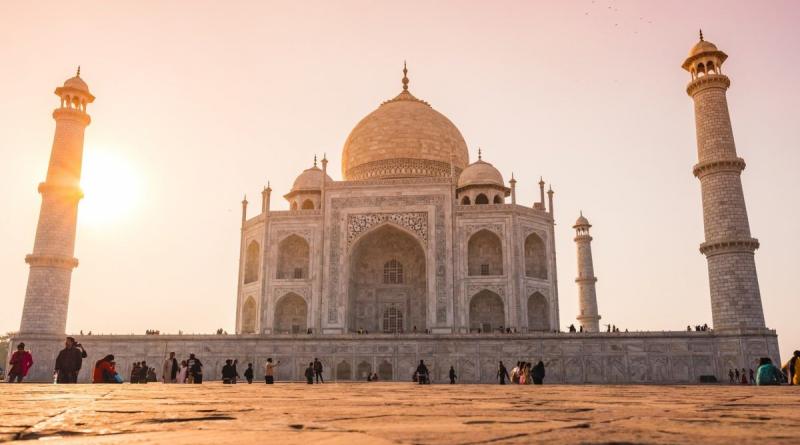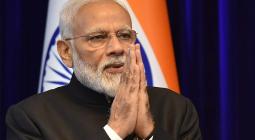India to be largest source of energy demand growth: BP Energy Outlook.

Demand for oil is "broadly flat" even in the most bullish scenario as the energy transition shifts the world away from fossil fuels. "Global energy demand continues to grow, at least for a period, driven by increasing prosperity and living standards in the emerging world," it said, adding the structure of energy demand is likely to change over time - the declining role of fossil fuels, offset by an increasing share of renewable energy and a growing role for electricity.
India will be the largest source of demand growth for energy by 2050, supermajor BP Plc said on Monday, as it saw an end to the relentless growth of oil globally. In its annual Energy Outlook 2020, BP said global oil consumption may never return to levels seen before the coronavirus crisis took hold.
BP report considers three scenarios - the 'Rapid' approach sees new policy measures leading to a significant increase in carbon prices, while the 'Net Zero' course reinforces Rapid with big shifts in societal behaviour. The 'Business-as-usual' projection assumes that government policies, technology, and social preferences continue to evolve as they have in the recent past. "India is the largest source of demand growth out to 2050 in all three scenarios," BP said.
It saw India's primary energy consumption growing by 2.5 per cent between 2018 and 2050. This is better than 0.1 per cent growth in China's energy consumption and 0.3 per cent expansion globally. India's oil consumption doubles to 10 million barrels by 2050 under the business-as-usual scenario, while gas demand rises from 58 billion cubic meters to 357 bcm under the Rapid scenario.
BP said the central view used in the main scenarios is that global economic activity partially recovers from the impact of the pandemic over the next few years as restrictions are eased, but that some effects persist. Demand for oil is "broadly flat" even in the most bullish scenario as the energy transition shifts the world away from fossil fuels.
"Global energy demand continues to grow, at least for a period, driven by increasing prosperity and living standards in the emerging world," it said, adding the structure of energy demand is likely to change over time - the declining role of fossil fuels, offset by an increasing share of renewable energy and a growing role for electricity. A transition to a lower-carbon energy system is likely to lead to a fundamental restructuring of the global energy system, with a more diverse energy mix, greater consumer choice, more localised energy markets, and increasing levels of integration and competition, it said.
"Demand for oil falls over the next 30 years. The scale and pace of this decline is driven by the increasing efficiency and electrification of road transportation," it said, adding the outlook for natural gas is more resilient than for oil, underpinned by its role in supporting fast-growing developing economies as they decarbonised and reduce their reliance on coal. Demand for liquid fuels continues to grow in India, Asia, and Africa, offset by the trend decline in consumption in developed economies.
BP said growth in China's energy demand slows sharply relative to past trends, reaching a peak in the early 2030s in all three scenarios. "Despite that, China remains the largest market for energy in all three scenarios, accounting for over 20 per cent of the world's energy demand in 2050, almost twice that of India." In 2018, average energy consumption per capita in the developed world was more than three times that in emerging economies, with an average person in the US consuming 12 times more energy than an average person in India. "India's combined oil and gas imports more than double by 2050, driven in part by increased coal-to-gas switching which leads to a marked deepening in India's dependence on imported LNG," it said.
The level of global GDP is assumed to be around 2.5 per cent lower in 2025 and 3.5 per cent in 2050 as a result of the crisis, it said, adding these economic impacts disproportionately affect emerging economies, such as India, Brazil and Africa, whose economic structures are most exposed to the economic ramifications of COVID-19..
14 September 2020
Devdyscource





